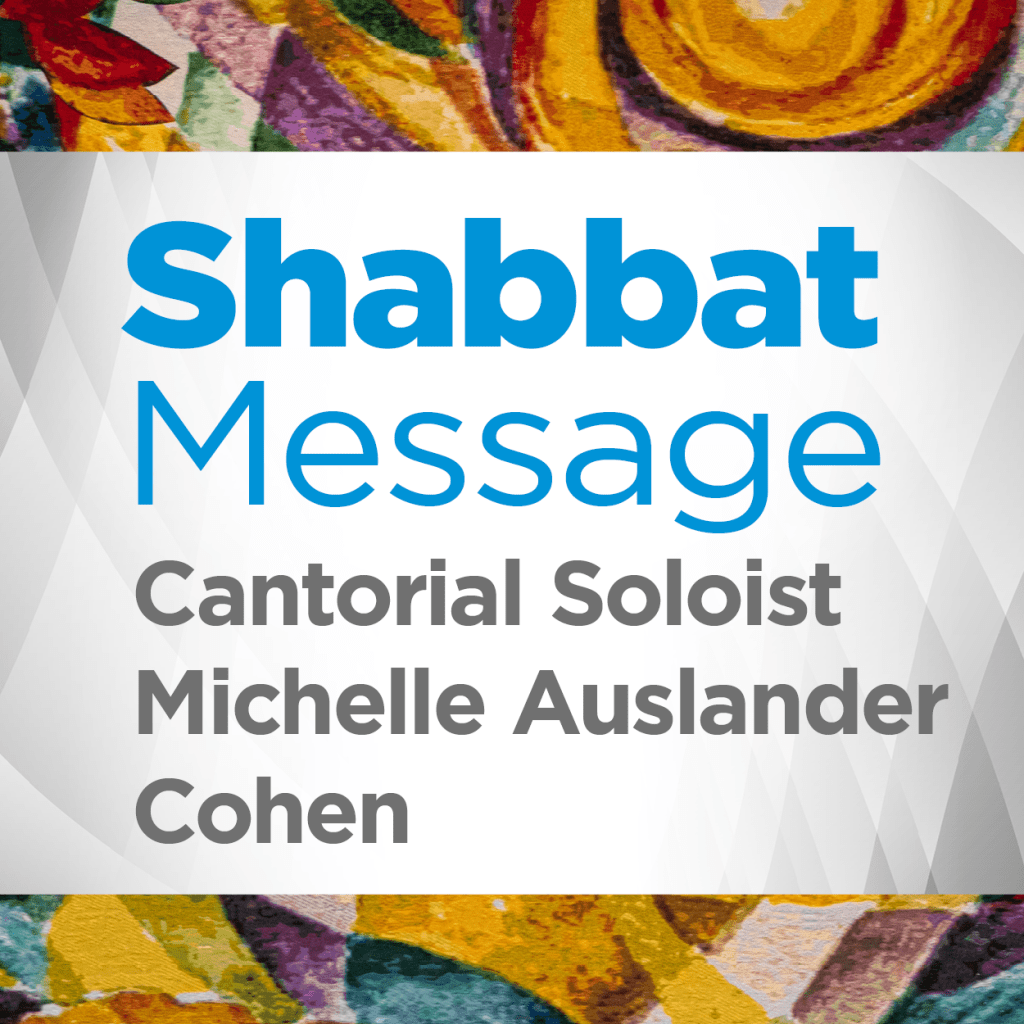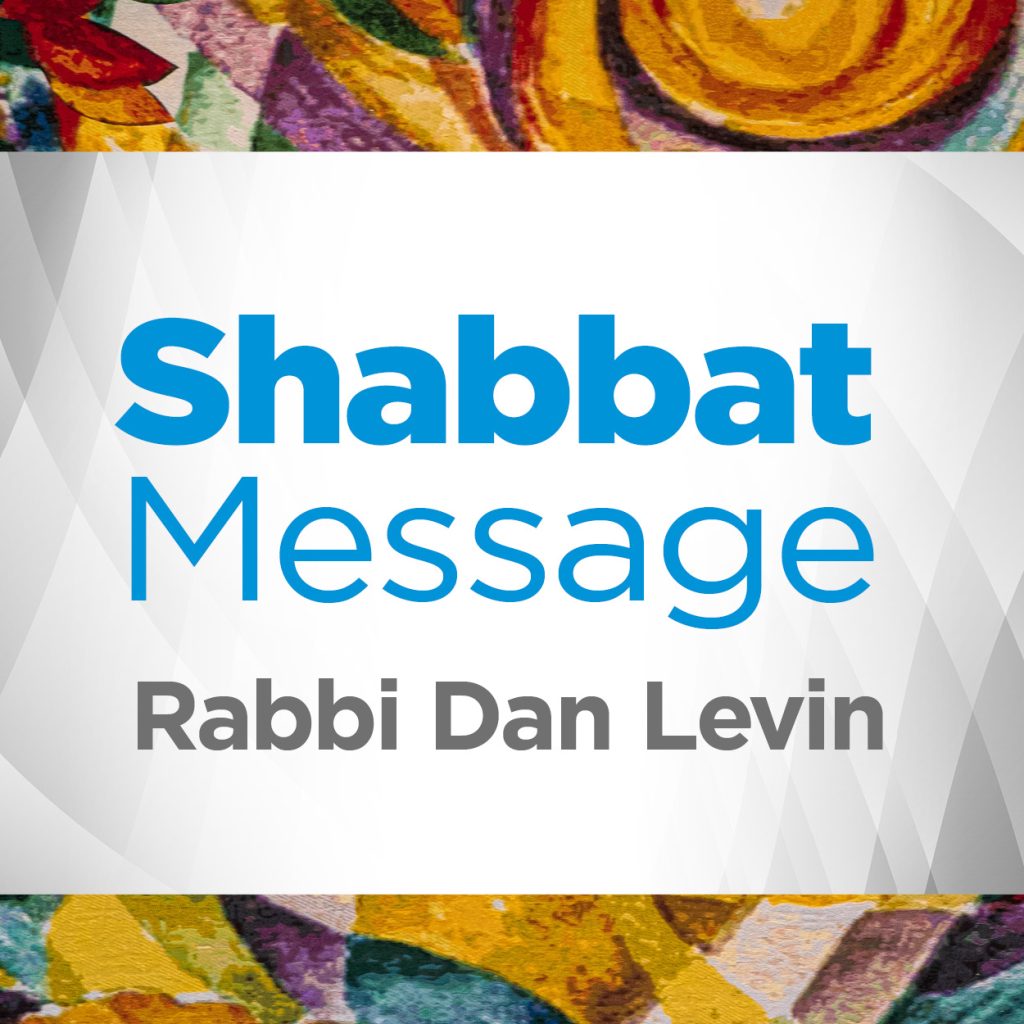Take a moment.
If you could imagine your perfect day, what would it look like? Even say it out loud to yourself.
In this week’s Torah portion, Nasso, God tells Moses, “Speak to Aaron and his sons, and tell them this is how you shall bless the children of Israel.”
יְבָרֶכְךָ יְהוָה, וְיִשְׁמְרֶךָ (Y’varechecha Adonai V’yishmerecha)
יָאֵר יְהוָה פָּנָיו אֵלֶיךָ, וִיחֻנֶּךָּ (Ya-er Adonai panav eilecha vichuneka)
יִשָּׂא יְהוָה פָּנָיו אֵלֶיךָ, וְיָשֵׂם לְךָ שָׁלוֹם (Yisa Adonai panav eilecha v’yasem lecha shalom)
May God bless you and guard you.
May God shine His countenance upon you and be gracious to you.
May God turn His countenance toward you and grant you peace.
These words may sound familiar to you as today, we use them to bless a special occasion. For example, if your child had their B’nai Mitzvah at Temple Beth El, there was a moment when the family was asked to lay their hands on the B’nai Mitzvah child as the Rabbi and Cantor recited this blessing to the child.
If you’ve been married, this is typically the blessing recited to the wedding couple just before the glass is broken.
It is a part of the blessing parents give to their children on Friday nights, and it is even a part of the daily prayers in our siddur (prayer book).
These are the direct words that God asks Aaron to use to bless US, the nation of Israel – Am Yisrael.
But what is it about this blessing that the Holy One, the Source of blessing and life itself, wants each of us to receive?
May God bless you and guard you.
The first thing being prayed for is that we are blessed and protected. It does not specify what kind of protection – just that we are given the gift of feeling safe.
May God shine His countenance upon you and be gracious to you.
If we translate countenance as God’s face, it is being asked that God reveals God’s face to us, and is gracious to us – generous of spirit.
May God turn His countenance toward you and grant you peace.
This last line asks that God turn toward us – so the essence of God’s face is aimed directly at us and that we are blessed with shalom, peace.
As you may already be aware, Hebrew words typically consist of three letters as a root, which often carry different meanings. For example, the root of the word, “Shalom” means peace, but the root can also spell “Shalem” which means full or whole. Peace and wholeness come from the same source. Perhaps this is God’s not so subtle way of helping us understand that peace comes from our ability to feel whole – happy and content with who we are.
Now take a moment and imagine that from the moment you wake, to every part of your day – from your errands to work meetings, to the laundry and to walking the dogs; every single moment of every day, even right now – you possess the ability to feel:
Protected.
Light.
Generosity of spirit.
Wholeness.
Peace.
Not only are these things there surrounding you at all times, you have the ability to help others feel whole, protected and loved with every encounter you have.
This is what makes the Birkat HaKohanim so special. It expresses that a greater Being in the universe, whether we call it God or HaShem or the Holy One, wants us to walk through life feeling loved. If we can learn to walk through our days feeling this kind of radiance despite what is happening around us, what greater blessing is there?
So…have you thought about what your perfect day would look like?
Perhaps the secret is that every single day is perfect just as it is; not because of what is being done, but by the fullness we bring to our daily activities. Just in the act of trying to this, we will be more successful in filling every day with more light, more wholeness and more love.
This is God’s wish for us, may it be so.
Shabbat Shalom,









